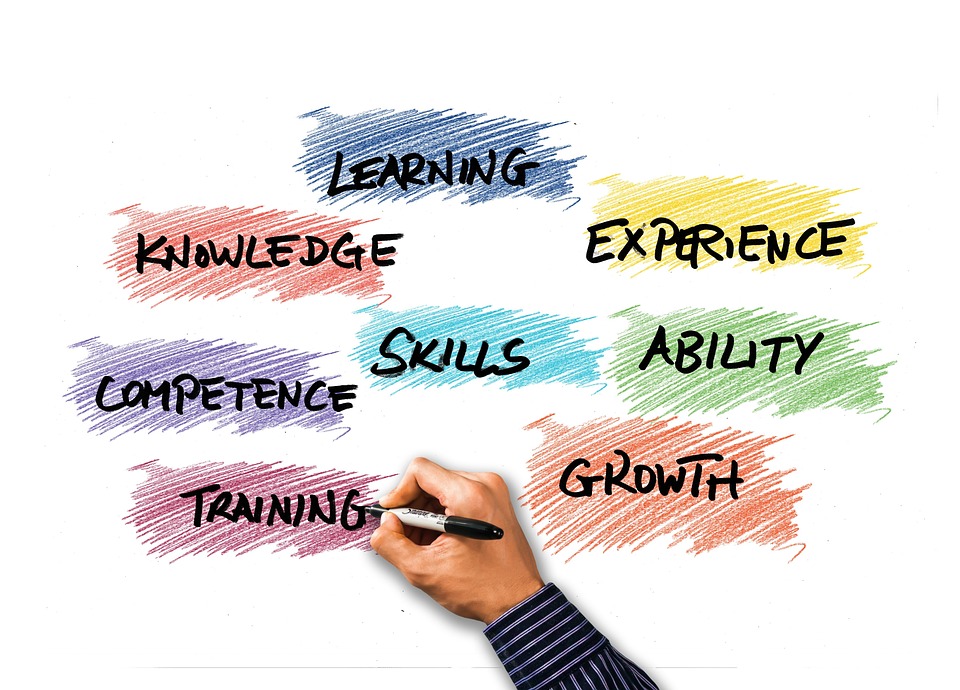Mindfulness is a practice that has gained significant popularity in recent years, with research demonstrating its numerous benefits for mental health, well-being, and productivity. In this article, we delve into the concept of mindfulness, explore its effects on individuals and organizations, and provide practical tips for incorporating mindfulness into daily life.
Understanding Mindfulness
Mindfulness is the practice of intentionally focusing one’s attention on the present moment, without judgment. It involves being fully aware of one’s thoughts, feelings, bodily sensations, and the surrounding environment. Mindfulness is rooted in ancient contemplative practices, such as meditation, and has been adapted into secular forms for use in modern contexts.
The Science Behind Mindfulness
Research has shown that regular practice of mindfulness can lead to a range of positive outcomes, including reduced stress, anxiety, and depression. Studies have also demonstrated that mindfulness can improve cognitive functions such as attention, memory, and decision-making. Additionally, mindfulness has been found to enhance emotional regulation and empathy, leading to better interpersonal relationships.
Benefits of Mindfulness
- Stress Reduction: Mindfulness helps individuals develop a greater sense of awareness and equanimity, enabling them to respond to stressors more effectively.
- Improved Focus: By training the mind to stay present and attentive, mindfulness can enhance concentration and productivity.
- Enhanced Well-Being: Mindfulness fosters a sense of acceptance and self-compassion, leading to greater overall well-being.
- Emotional Resilience: Practicing mindfulness can build emotional resilience, enabling individuals to bounce back from setbacks more easily.
Case Study: Google’s Mindfulness Program
Google, known for its innovative approach to workplace culture, has implemented a mindfulness program called “Search Inside Yourself” for its employees. The program includes mindfulness training, emotional intelligence workshops, and meditation sessions to help employees reduce stress and improve focus. Google’s mindfulness program has been shown to enhance employee well-being and productivity, leading to a more positive work environment.
Incorporating Mindfulness into Daily Life
There are several simple ways to integrate mindfulness into your daily routine:
- Begin your day with a brief meditation or breathing exercise to set a positive tone for the day.
- Practice mindful eating by savoring each bite and paying attention to the flavors and textures of your food.
- Take short mindfulness breaks throughout the day to check in with your thoughts and emotions.
- Engage in mindful movement activities such as yoga or Tai Chi to connect with your body and breath.
Tips for Cultivating Mindfulness
To cultivate mindfulness effectively, consider the following tips:
- Start with short sessions: Begin with just a few minutes of mindfulness practice each day and gradually increase the duration as you become more comfortable.
- Be patient and non-judgmental: Allow yourself to observe your thoughts and feelings without criticism or attachment.
- Stay consistent: Establish a daily mindfulness routine to develop a sense of continuity and habituation.
- Seek guidance if needed: Consider attending mindfulness workshops, classes, or seeking the support of a trained mindfulness instructor.
Conclusion
Mindfulness offers a powerful approach to enhancing well-being and productivity by cultivating present-moment awareness and self-reflection. By incorporating mindfulness into daily life, individuals can experience reduced stress, improved focus, and greater overall happiness. Organizations, such as Google, have recognized the benefits of mindfulness and have implemented programs to support employee well-being and performance. Embracing mindfulness as a daily practice can lead to profound positive changes in both personal and professional life.
